Crinito (Pietro, 1475-1507). Autograph manuscript, probably written in Florence, circa 1478, in Latin with contractions, written in a clear humanist hand on laid paper, a total of 19 lines (approximately 200 words), a few autograph corrections, the passage beginning (in translation), 'It is indeed true and I cannot deny it, that it is worse, according to the teaching of philosophy and of Socratic theory, to cause suffering than to endure it. And so Sallust fell about the renowned lenity of Caesar in sparing criminals and the severity of Cato in punishing defendants: he was wise to write that other authorities...', a little light browning and several letters lost due to ink oxidation but little loss in legibility and generally in very good condition, one page, 8vo (220 x 145mm) (Qty: 1) Provenance: The leaf was taken by the well-known scholar-printer Wilfrid Merton from Crinito's copy of the Jenson Plutarch, 1478, which contained his signature and many notes, and a fly-leaf from the book accompanies this manuscript. The Bournemouth bookdealer Horace G. Commin offered it for sale in List 41 (item 145), circa 1958, when it was purchased by Professor Cecil H. Clough (1930-2017), sometime Reader in Medieval History, University of Liverpool, for £25. A copy of the catalogue and a few leaves of rough research notes, transcription and partial translation are included. P. O. Kristeller, Iter Italicum, vol. IV, p. 34. An exceedingly rare Renaissance autograph, no other material in the autograph of Crinito has been located. Pietro Crinito, known as Crinitus, or Pietro Del Riccio Baldi, was a Florentine humanist scholar and poet who was a disciple of Poliziano. He is best known for his 1504 commonplace book, De honesta disciplina, taken to be a source for the work of Nostradamus. The manuscript is either a personal letter to a fellow humanist or an intended prefatory epistle to a published work. It does not appear in either of Crinito's published works, the De poetis Latinis or the De honesta disciplina, but this professor of belles lettres at Florence, who was for a time tutor to the younger Medici, must have written a great deal more than these fairly slight works.
Crinito (Pietro, 1475-1507). Autograph manuscript, probably written in Florence, circa 1478, in Latin with contractions, written in a clear humanist hand on laid paper, a total of 19 lines (approximately 200 words), a few autograph corrections, the passage beginning (in translation), 'It is indeed true and I cannot deny it, that it is worse, according to the teaching of philosophy and of Socratic theory, to cause suffering than to endure it. And so Sallust fell about the renowned lenity of Caesar in sparing criminals and the severity of Cato in punishing defendants: he was wise to write that other authorities...', a little light browning and several letters lost due to ink oxidation but little loss in legibility and generally in very good condition, one page, 8vo (220 x 145mm) (Qty: 1) Provenance: The leaf was taken by the well-known scholar-printer Wilfrid Merton from Crinito's copy of the Jenson Plutarch, 1478, which contained his signature and many notes, and a fly-leaf from the book accompanies this manuscript. The Bournemouth bookdealer Horace G. Commin offered it for sale in List 41 (item 145), circa 1958, when it was purchased by Professor Cecil H. Clough (1930-2017), sometime Reader in Medieval History, University of Liverpool, for £25. A copy of the catalogue and a few leaves of rough research notes, transcription and partial translation are included. P. O. Kristeller, Iter Italicum, vol. IV, p. 34. An exceedingly rare Renaissance autograph, no other material in the autograph of Crinito has been located. Pietro Crinito, known as Crinitus, or Pietro Del Riccio Baldi, was a Florentine humanist scholar and poet who was a disciple of Poliziano. He is best known for his 1504 commonplace book, De honesta disciplina, taken to be a source for the work of Nostradamus. The manuscript is either a personal letter to a fellow humanist or an intended prefatory epistle to a published work. It does not appear in either of Crinito's published works, the De poetis Latinis or the De honesta disciplina, but this professor of belles lettres at Florence, who was for a time tutor to the younger Medici, must have written a great deal more than these fairly slight works.

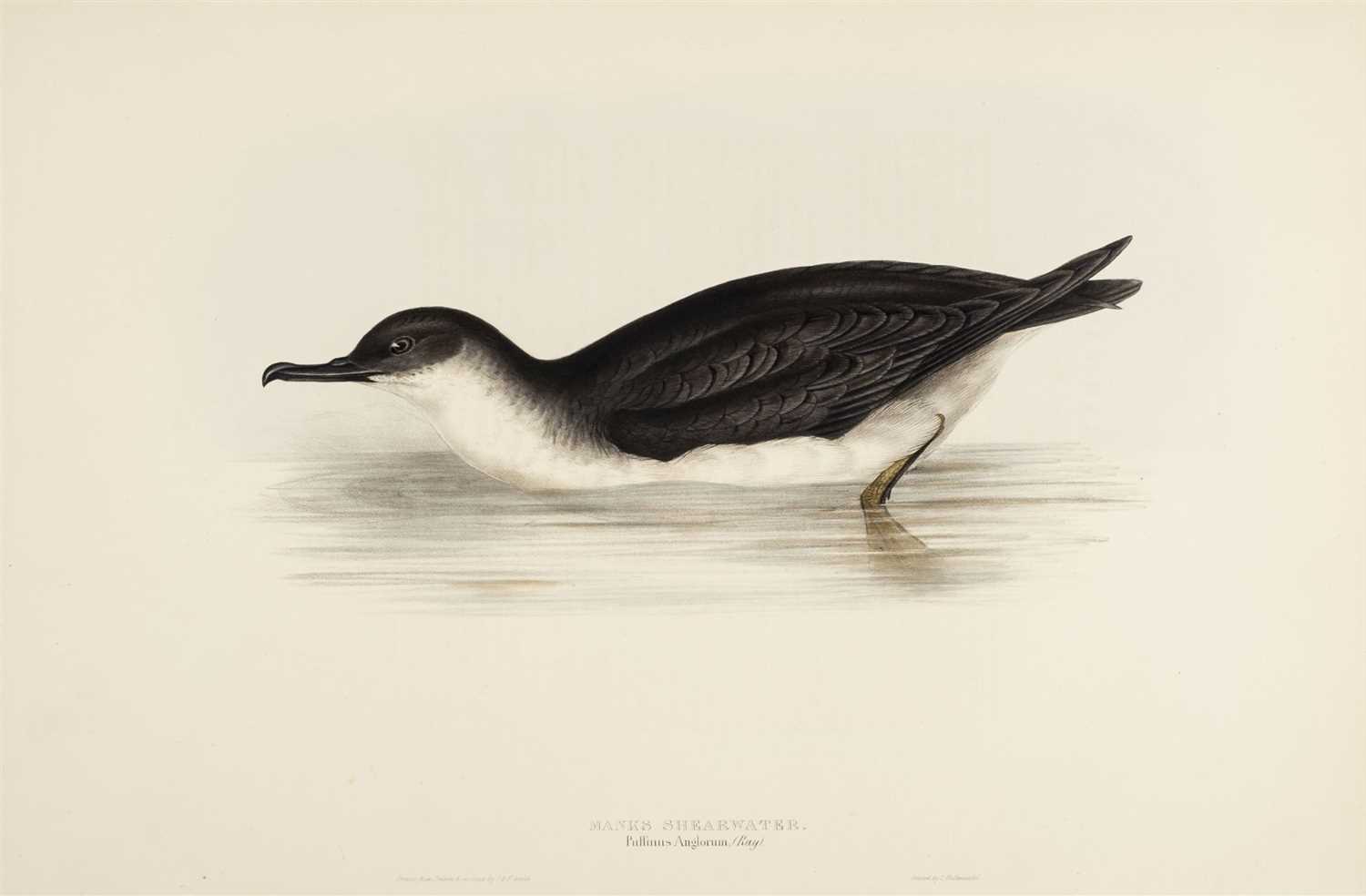
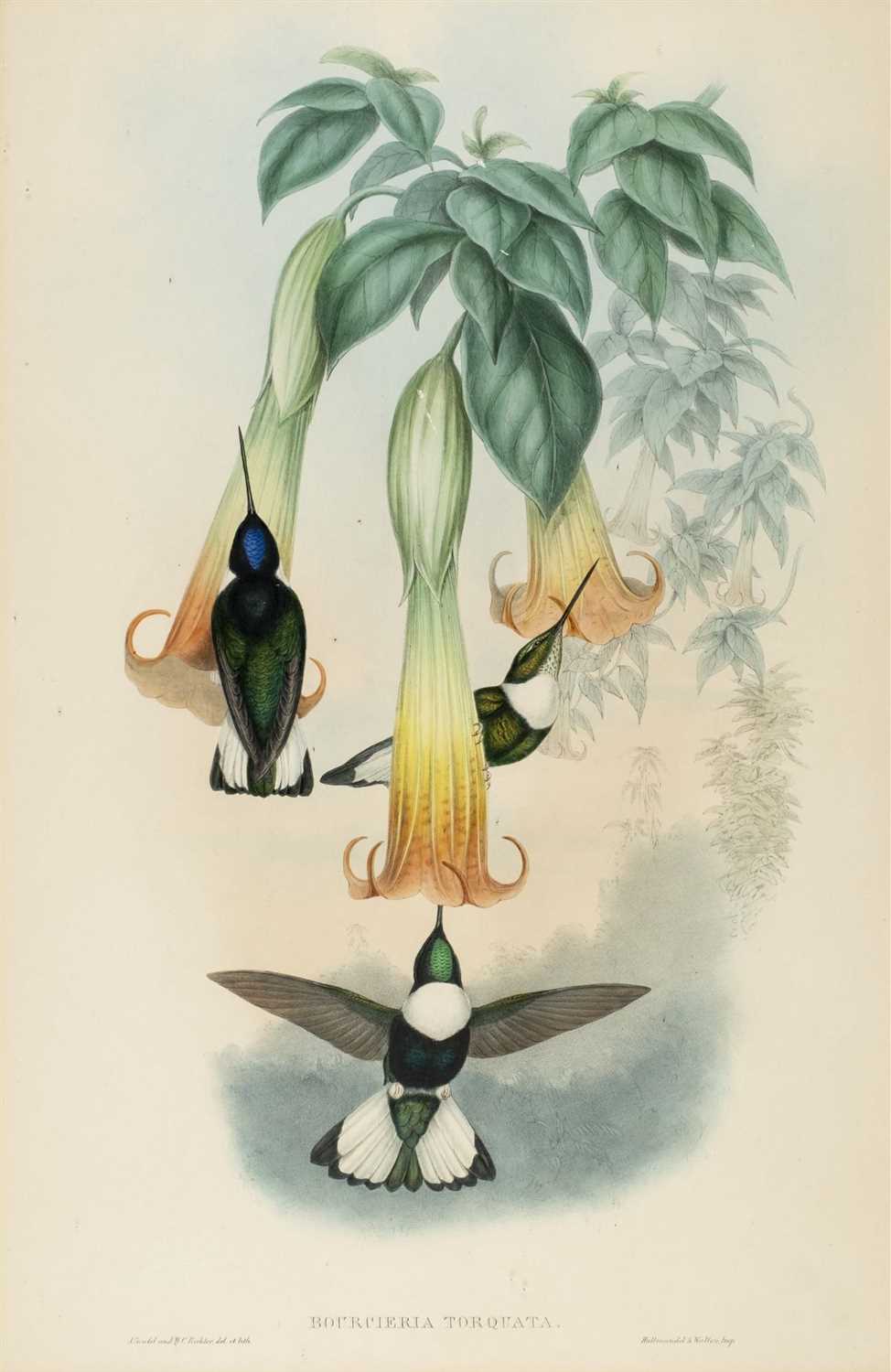

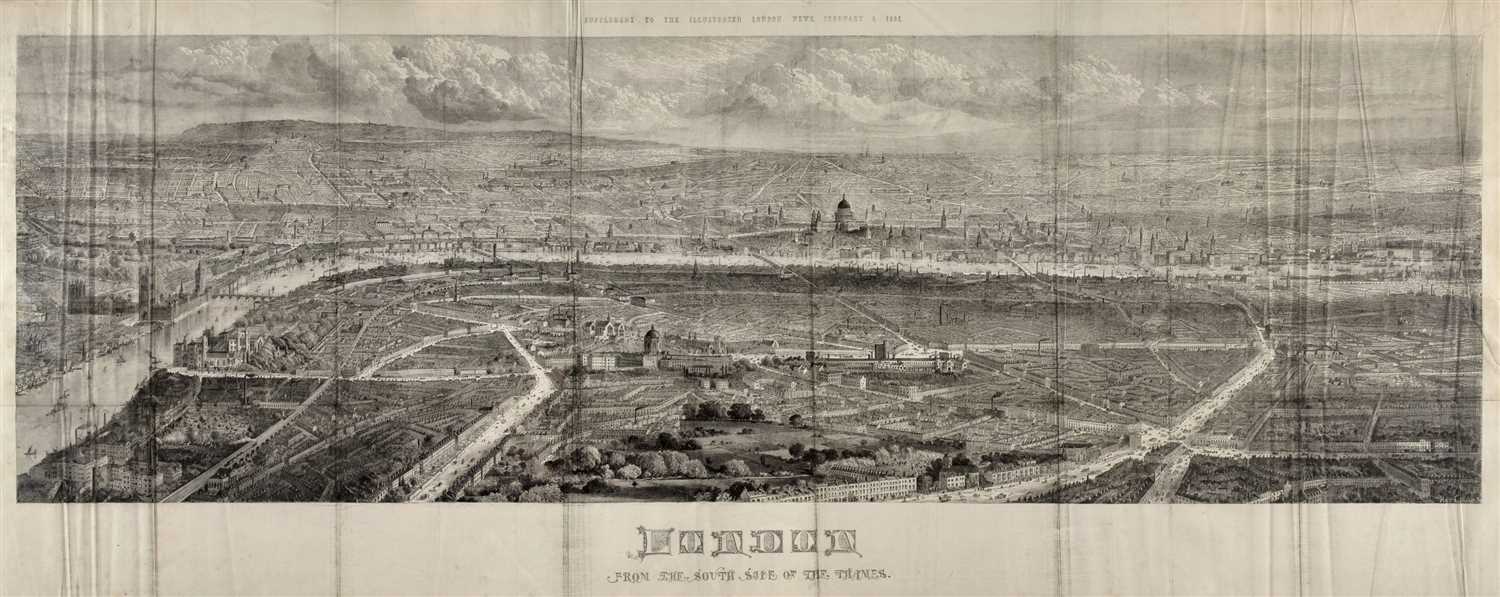
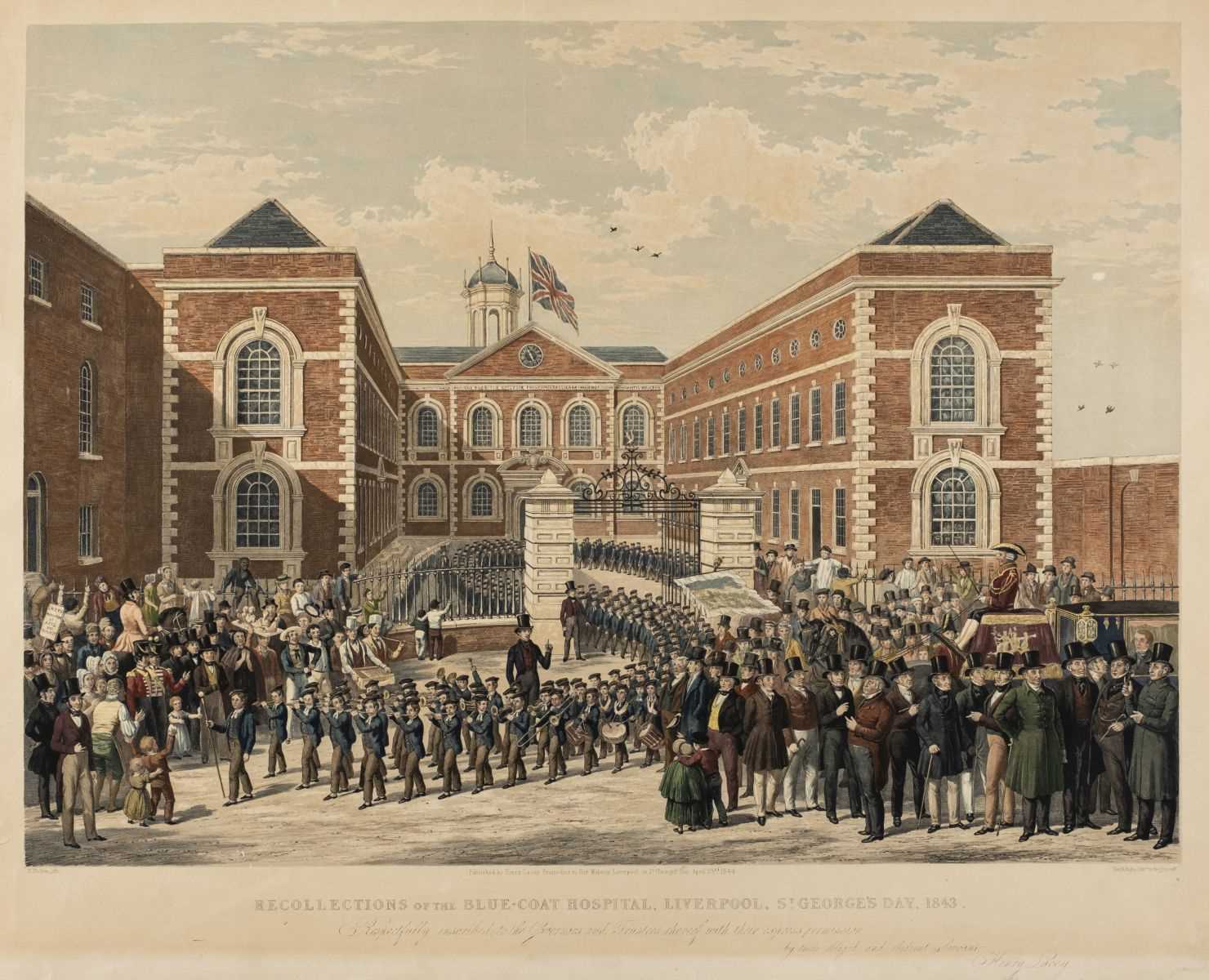
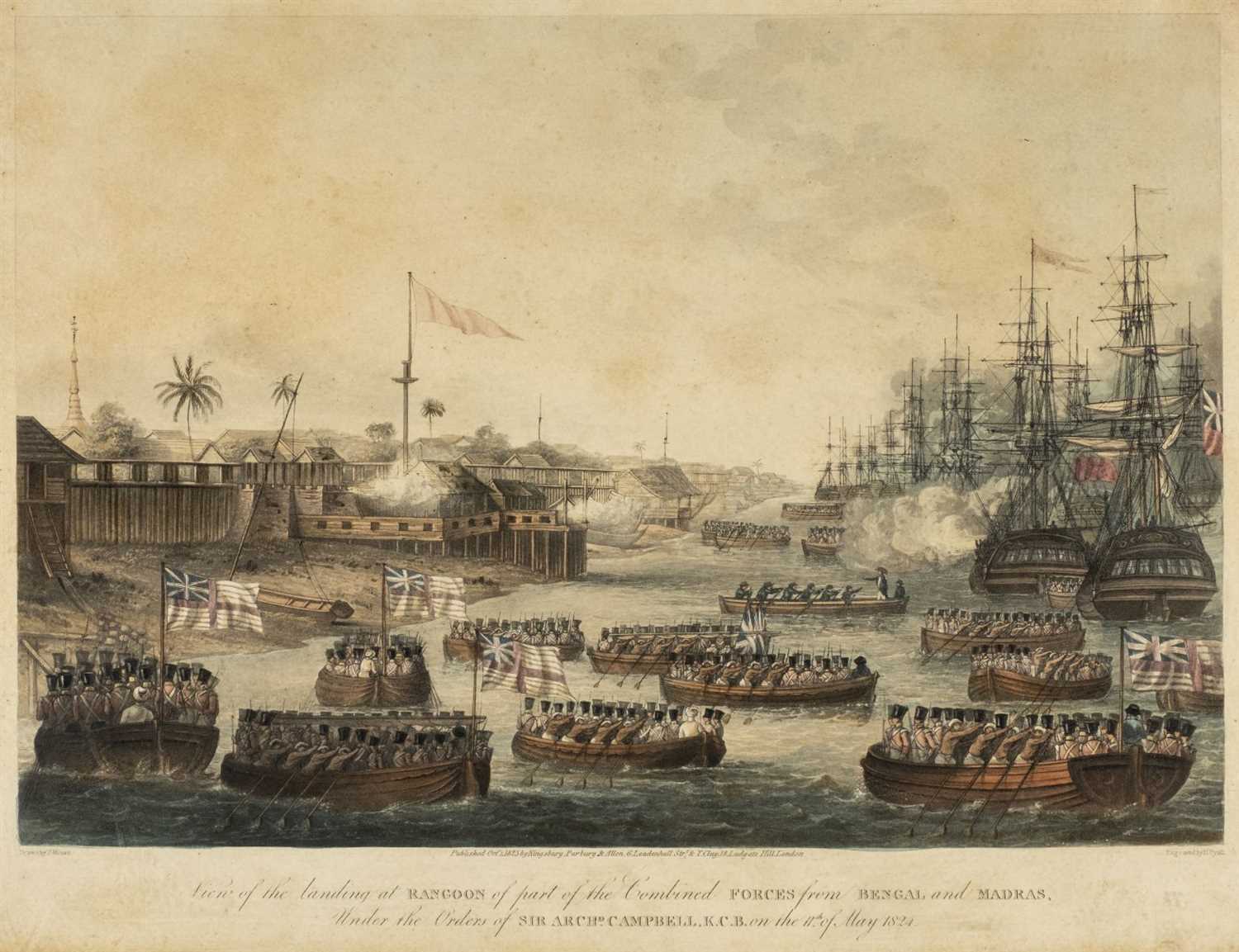

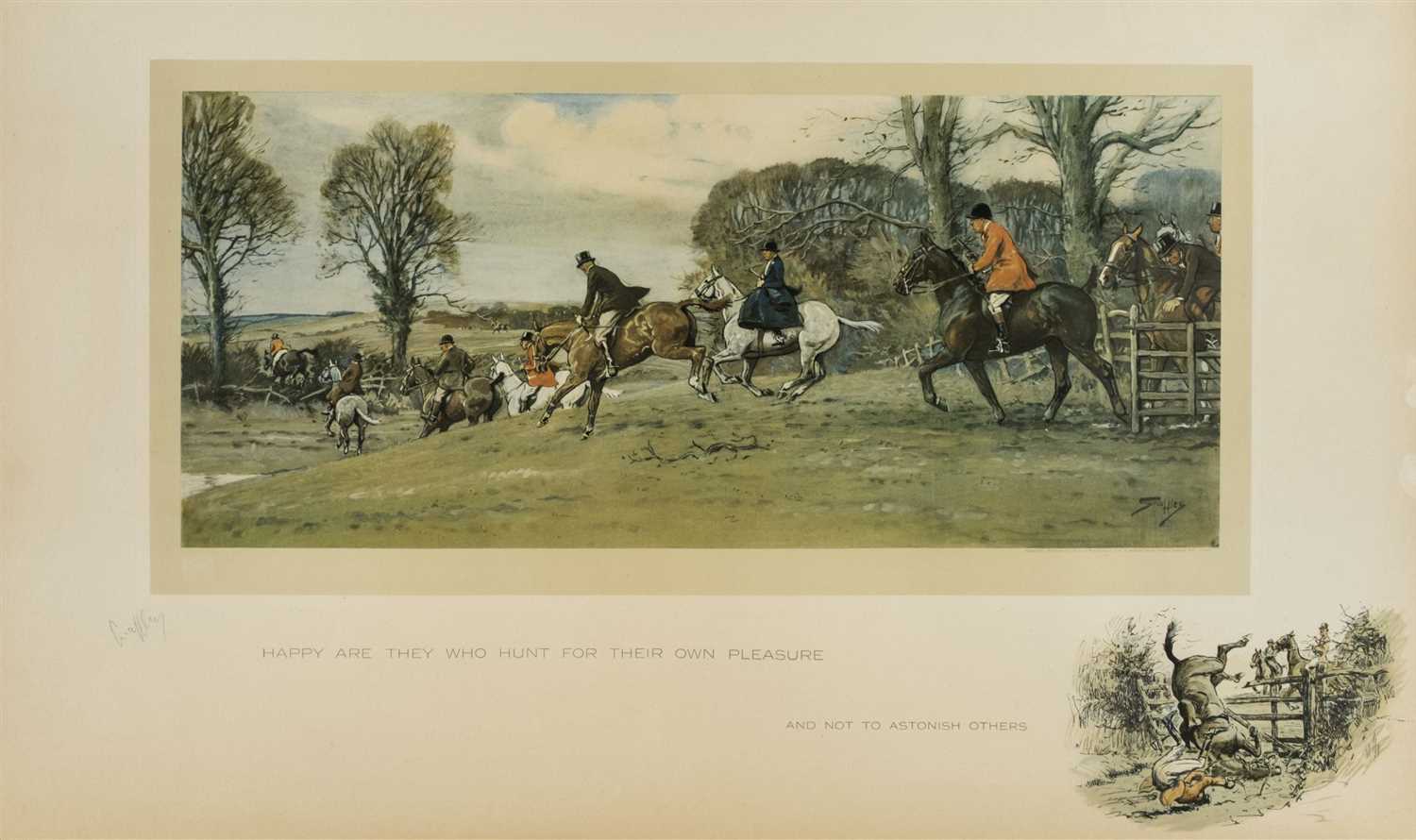
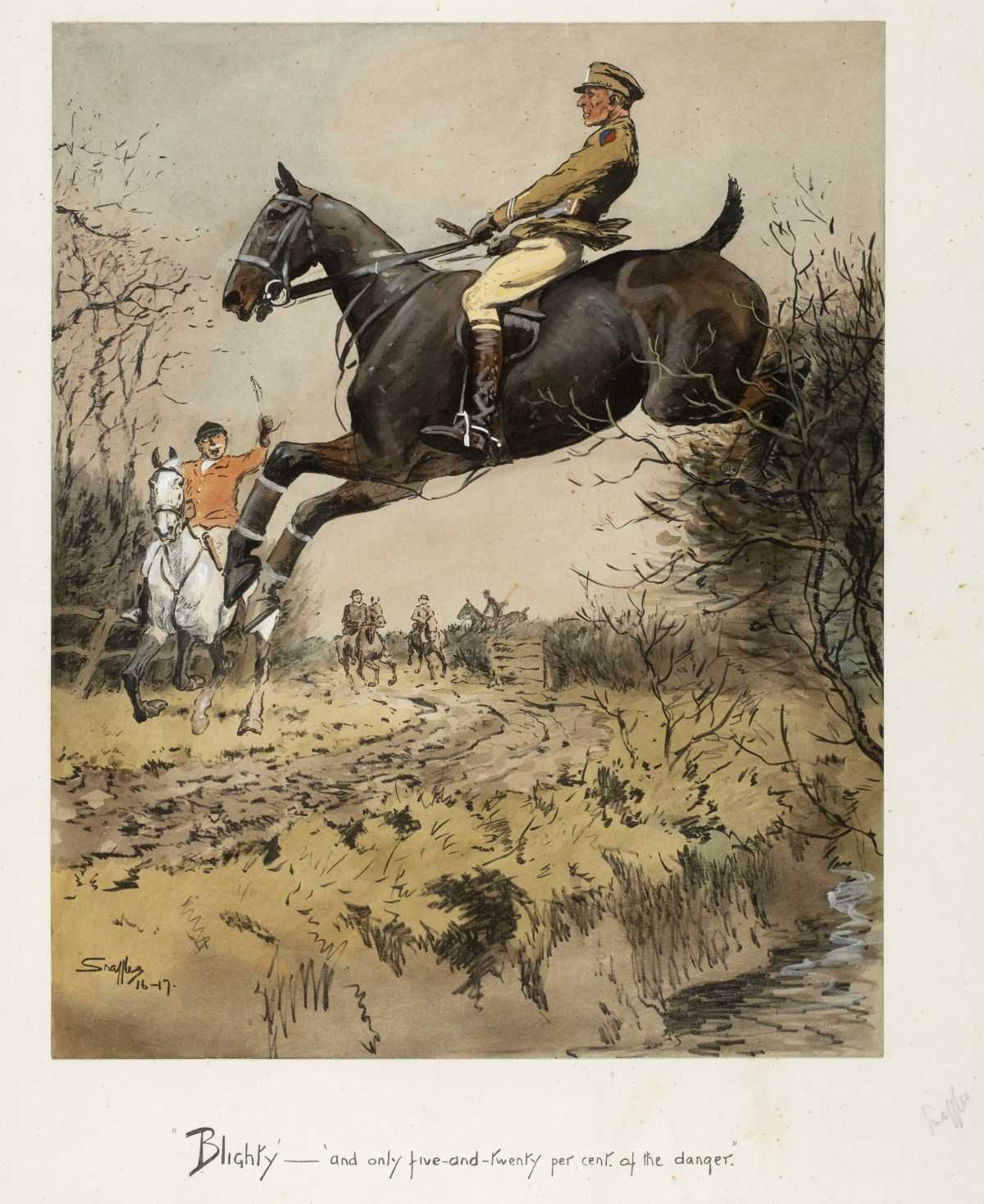
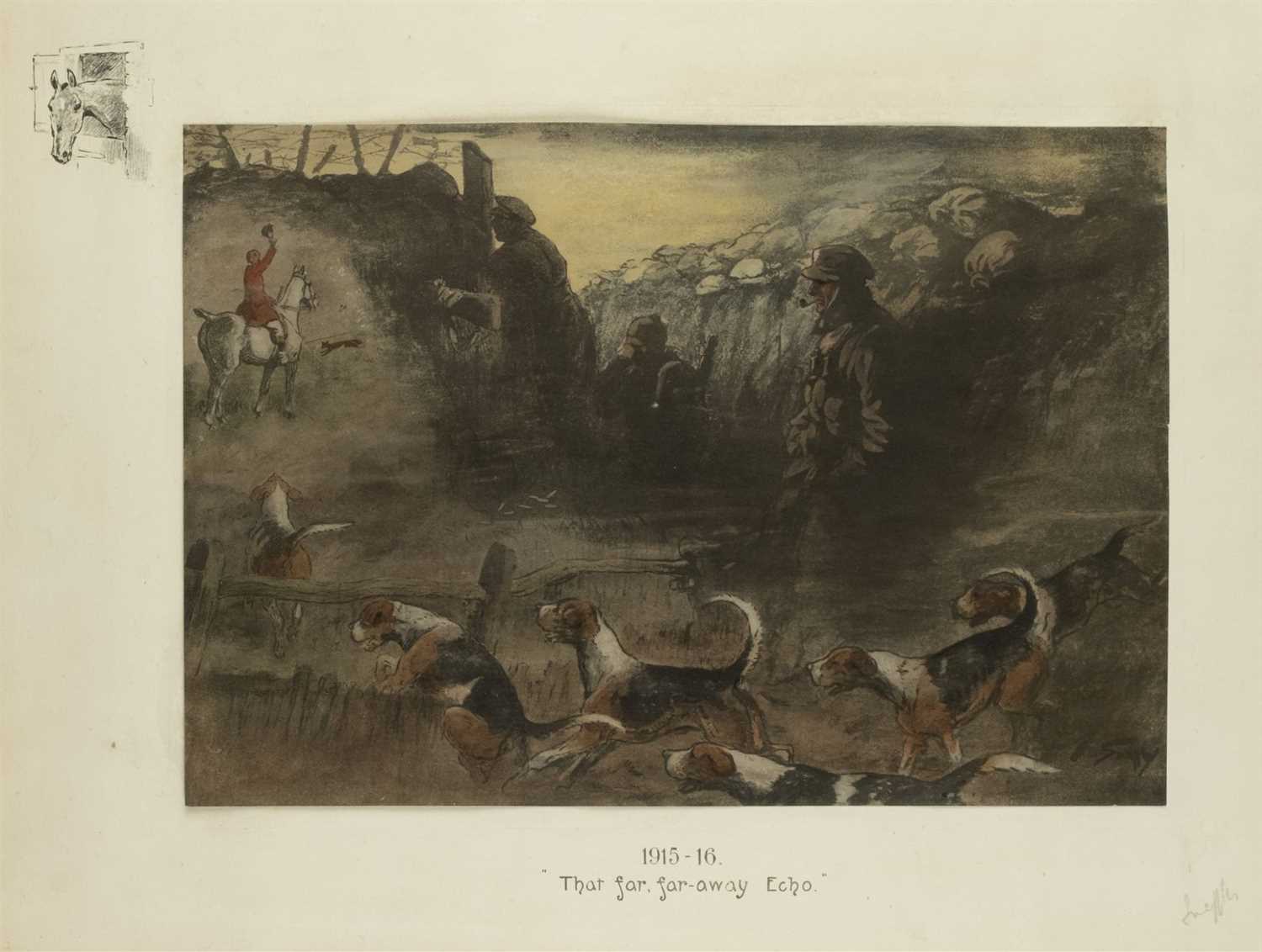
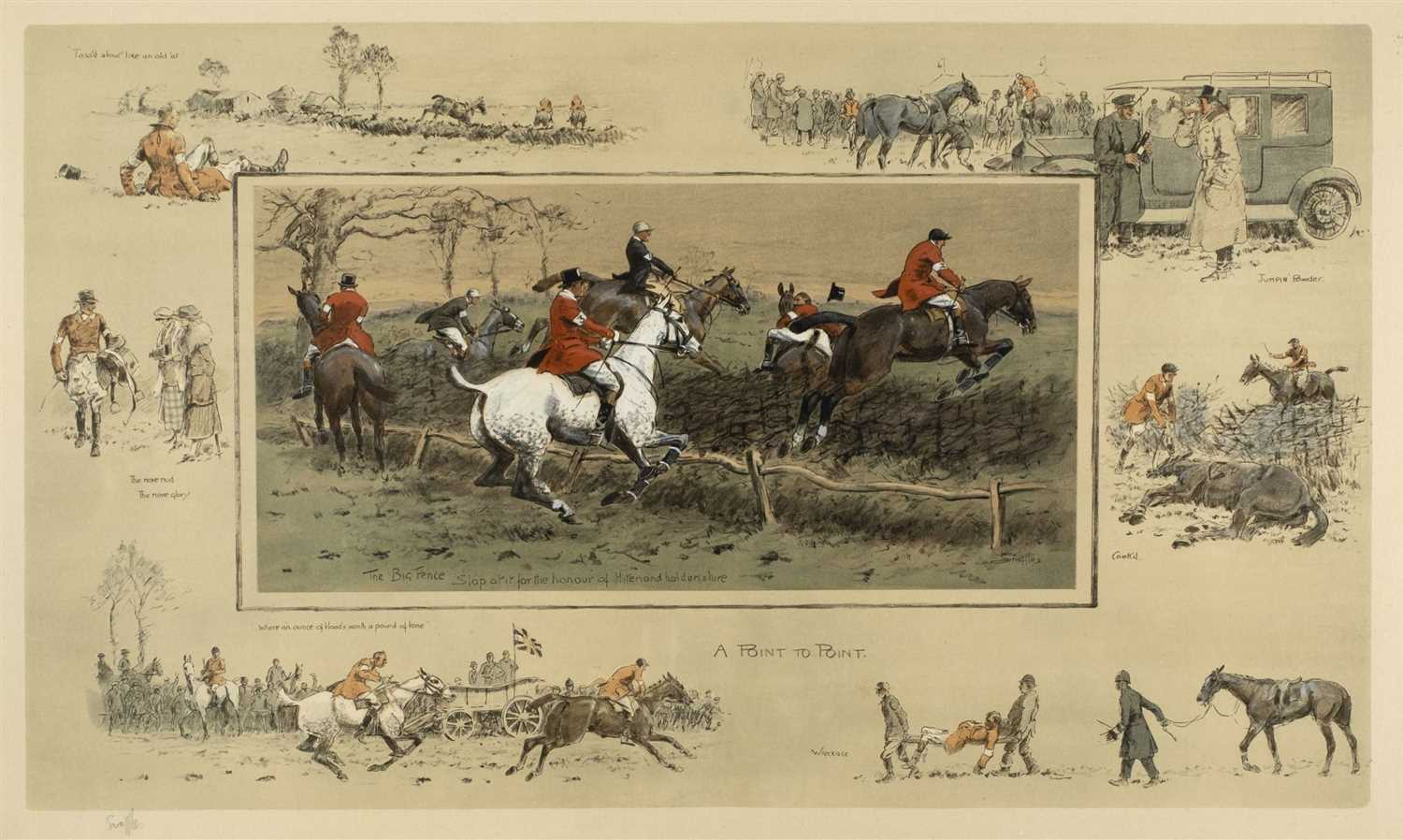
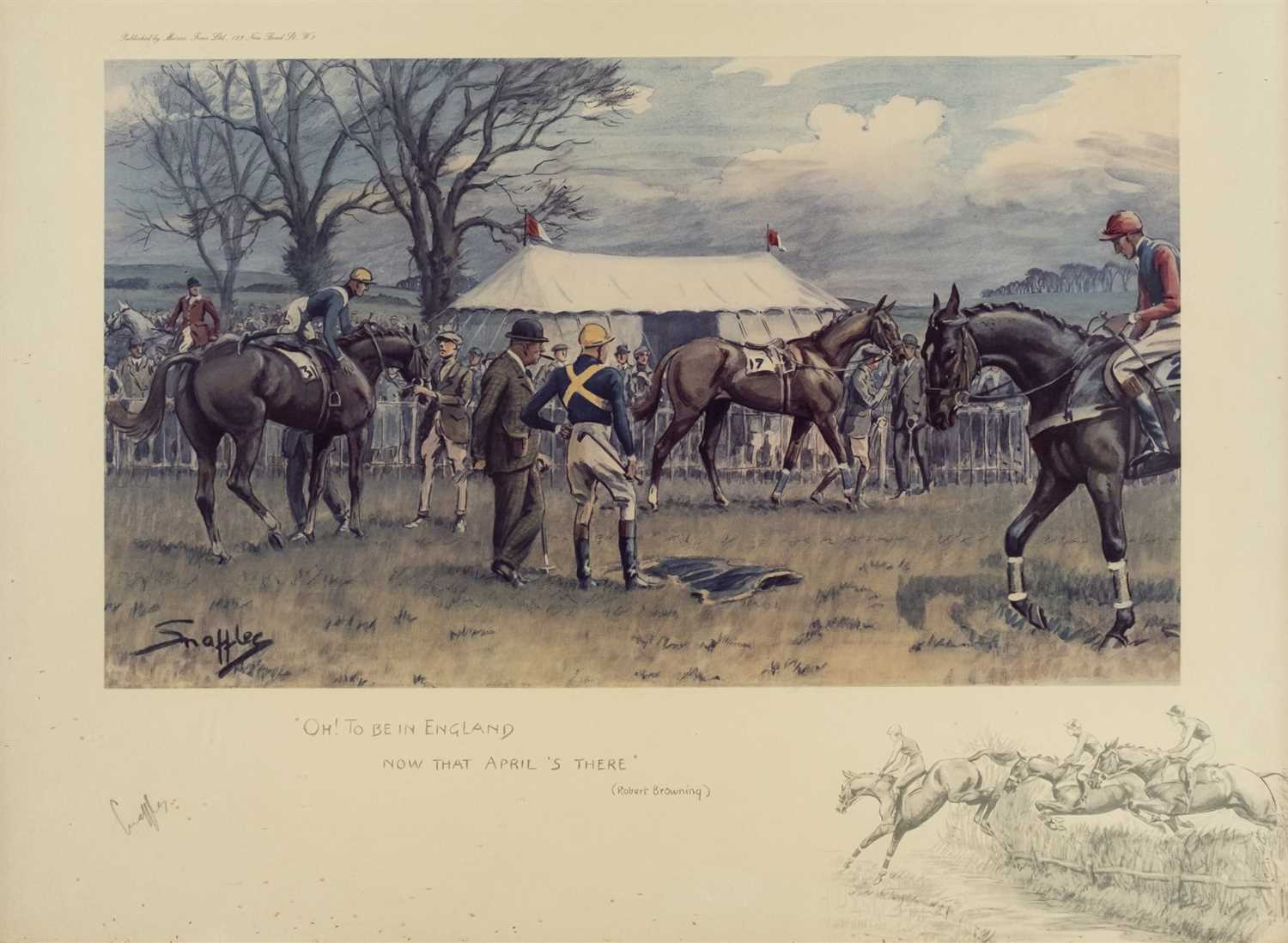
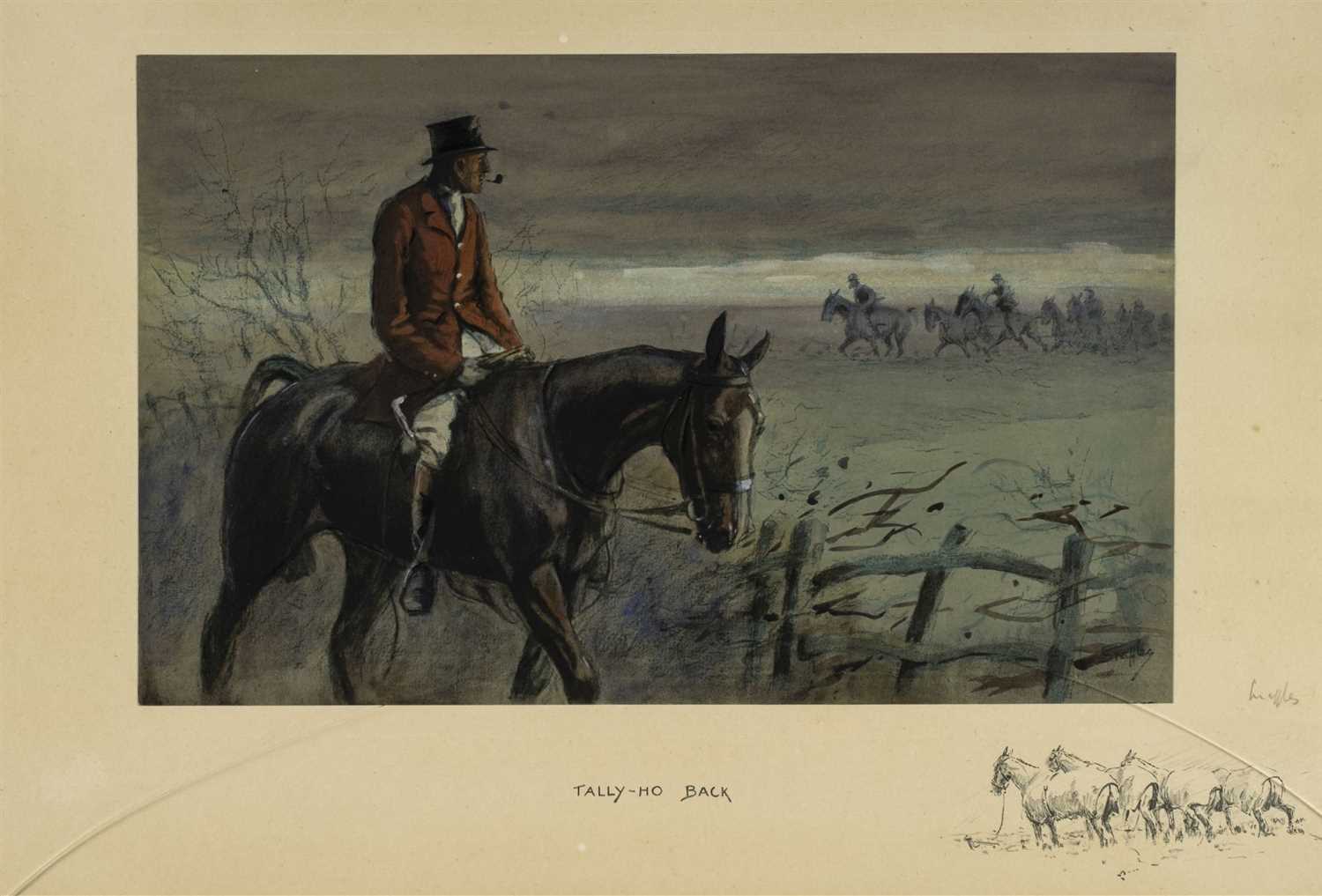
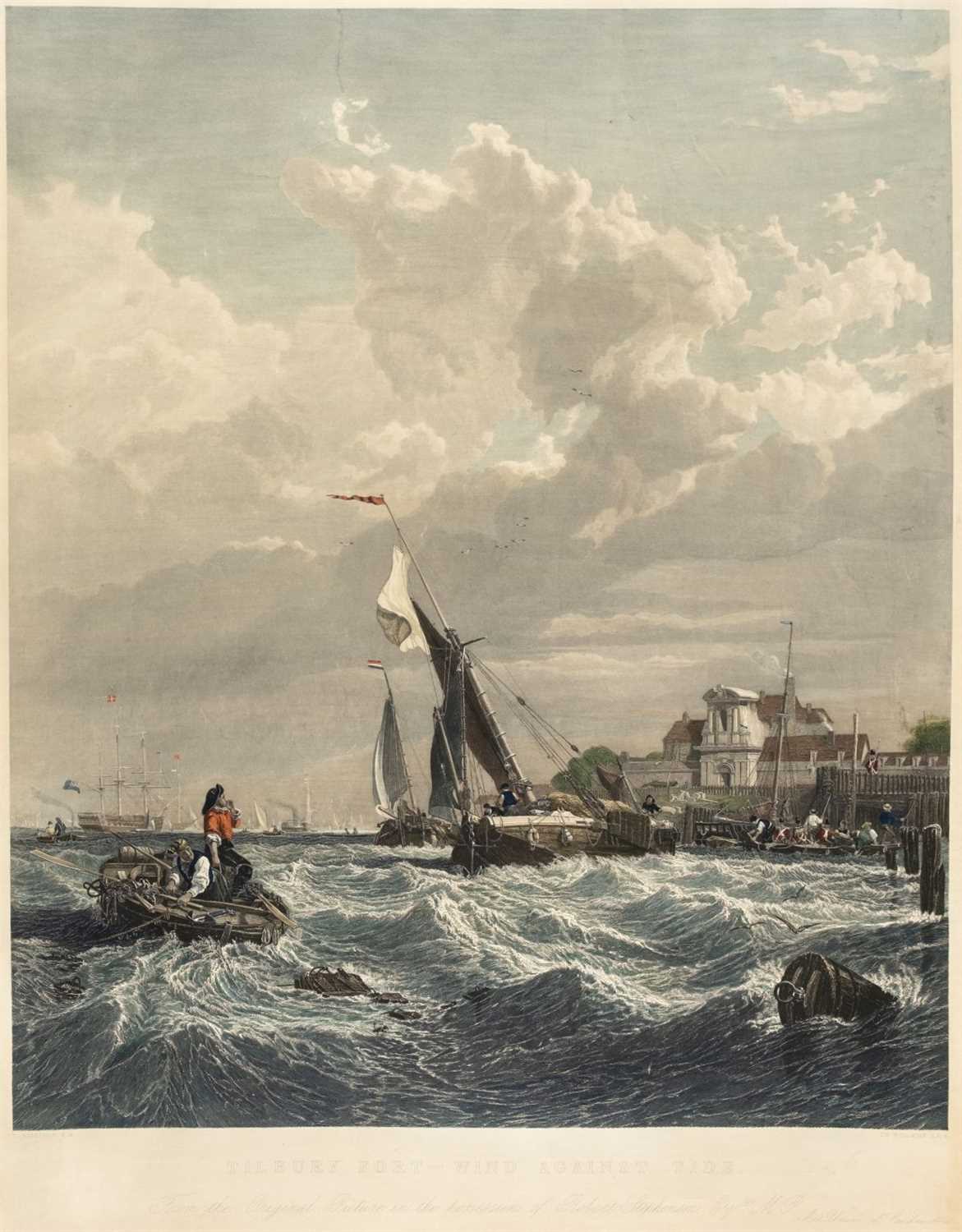
Testen Sie LotSearch und seine Premium-Features 7 Tage - ohne Kosten!
Lassen Sie sich automatisch über neue Objekte in kommenden Auktionen benachrichtigen.
Suchauftrag anlegen